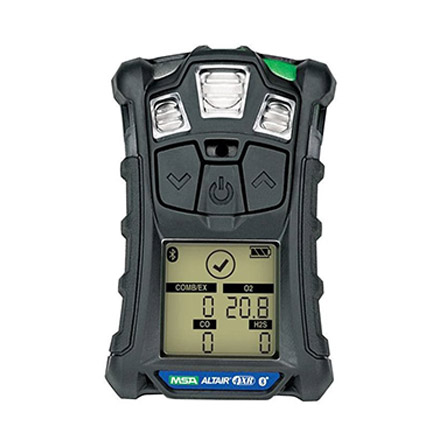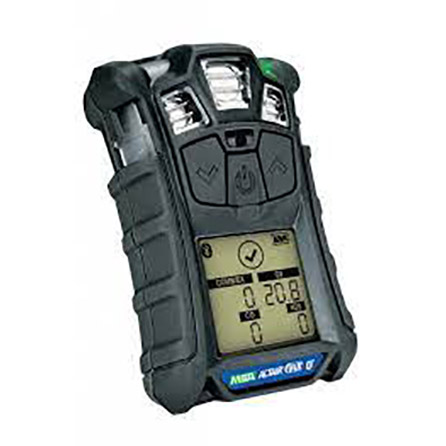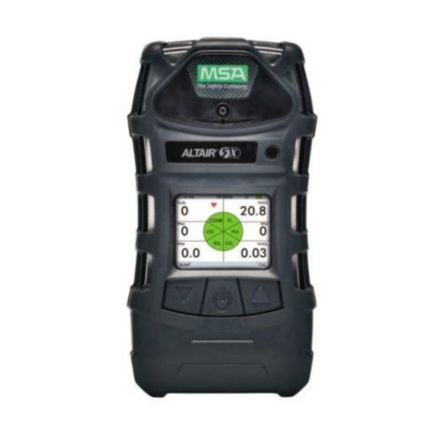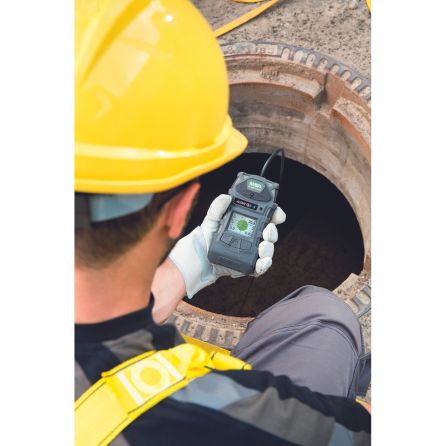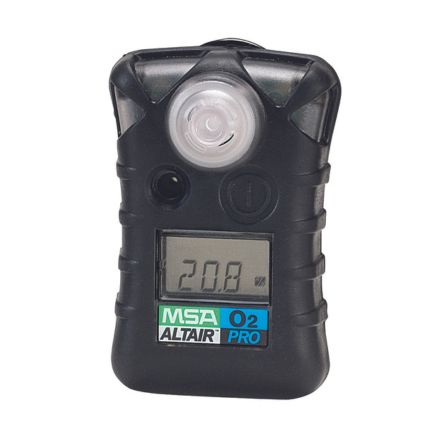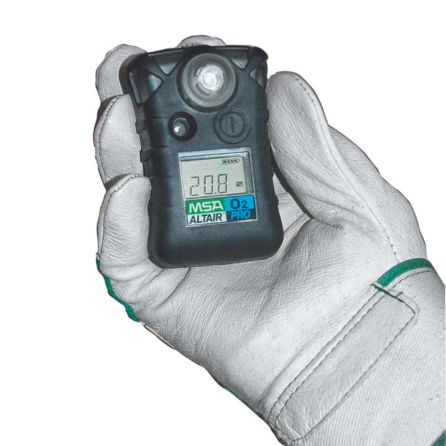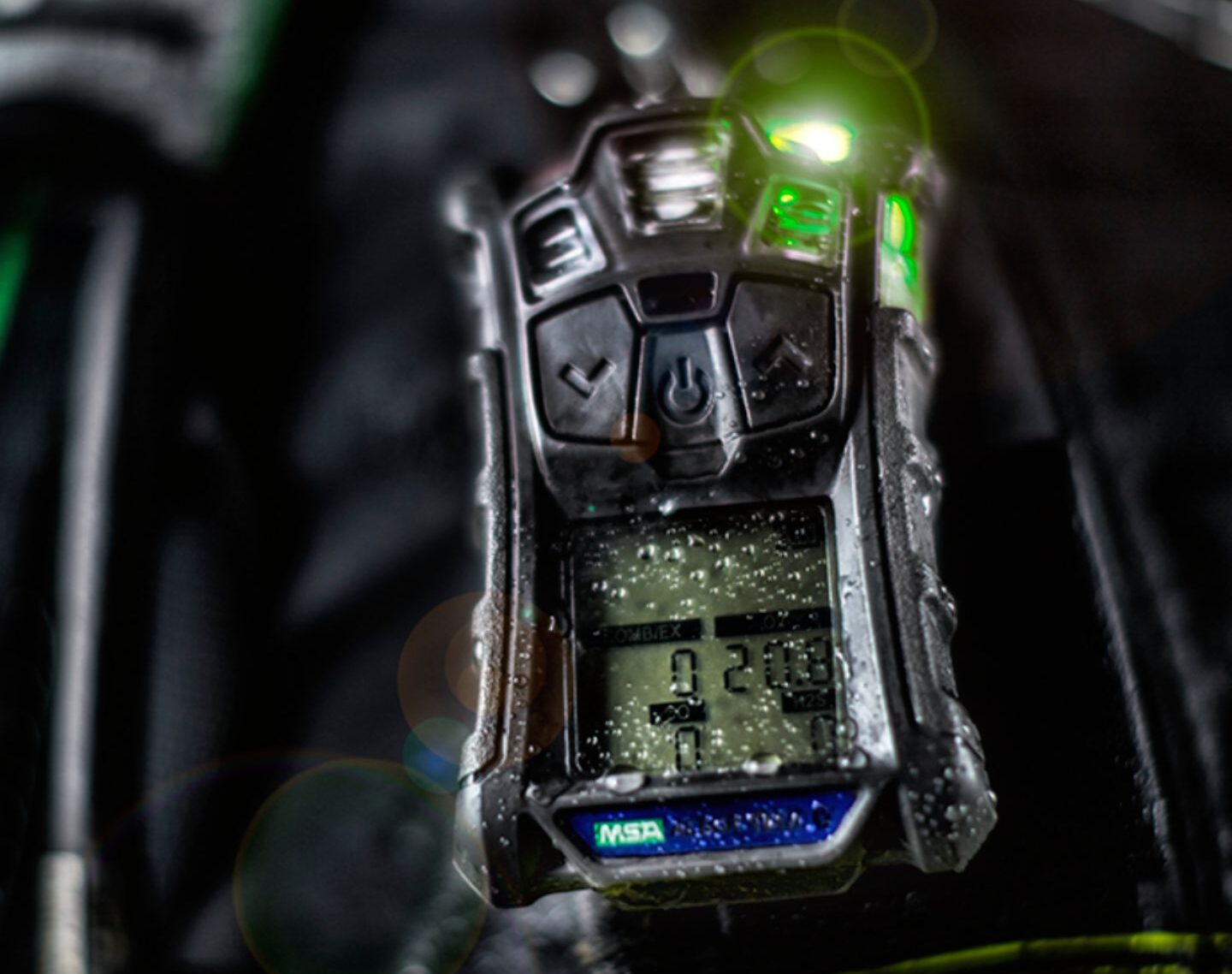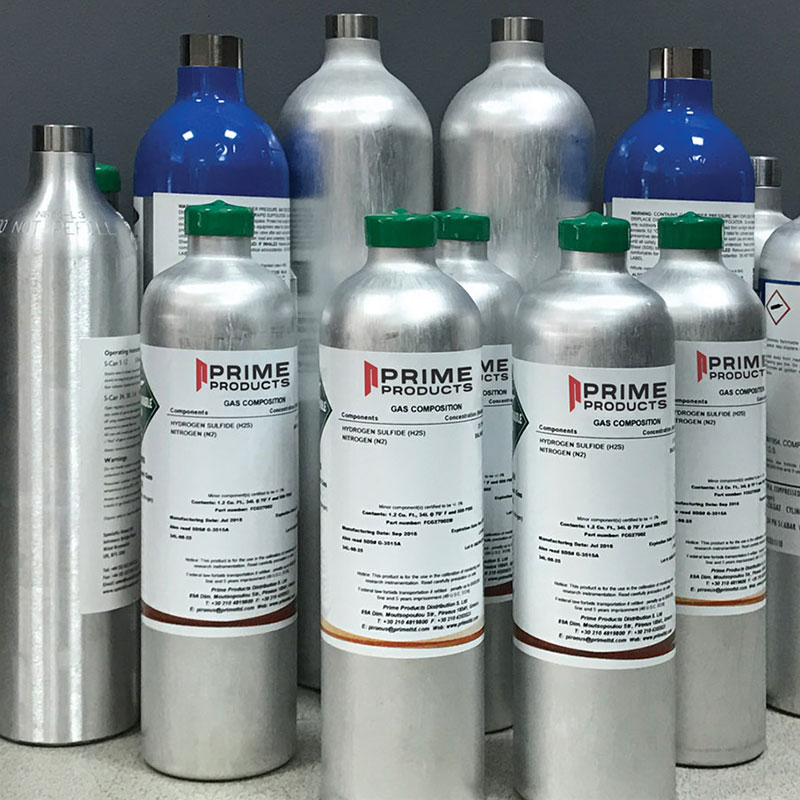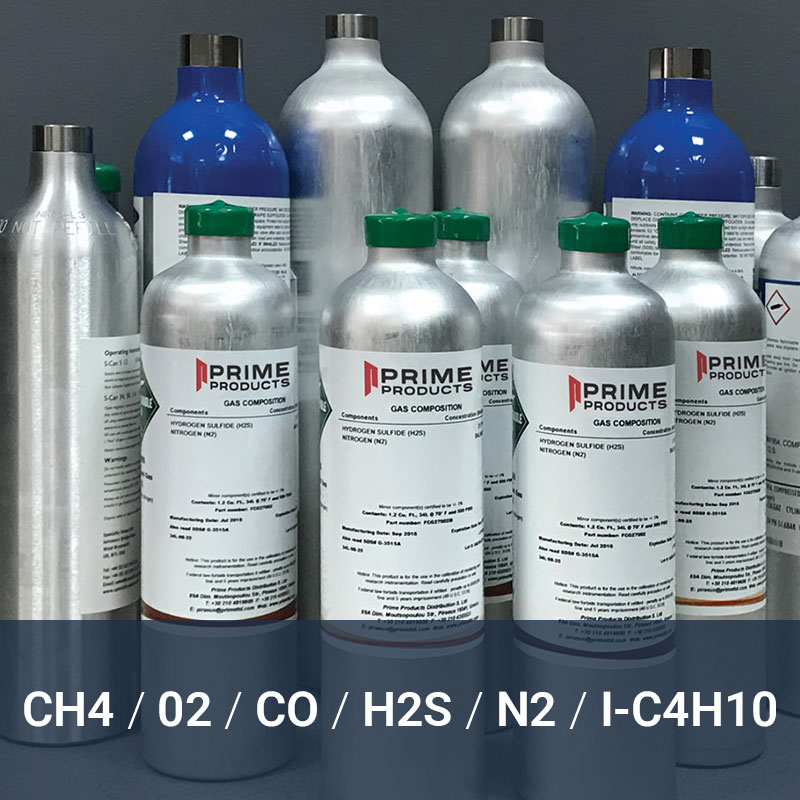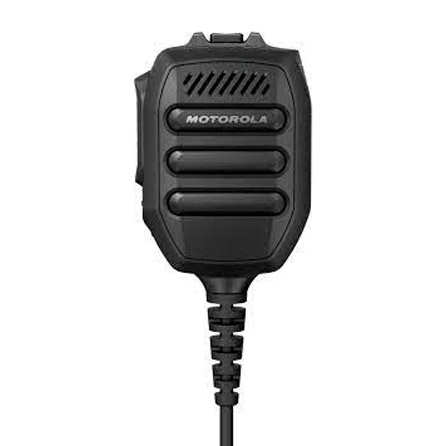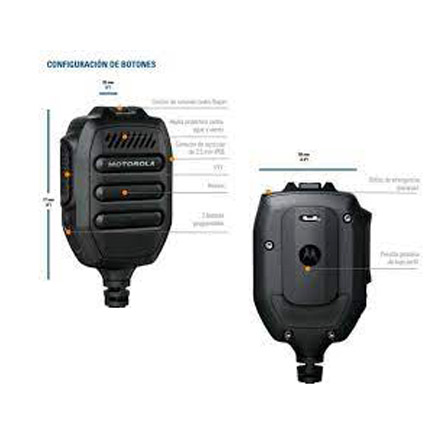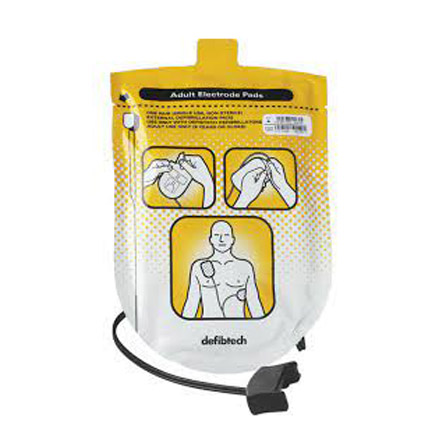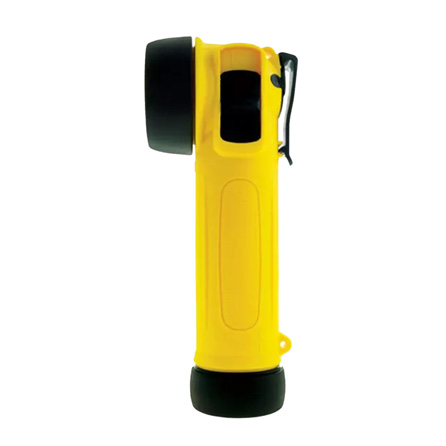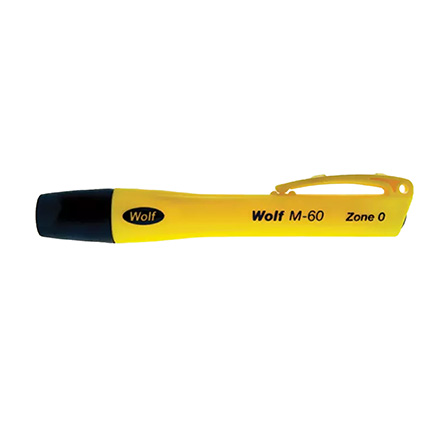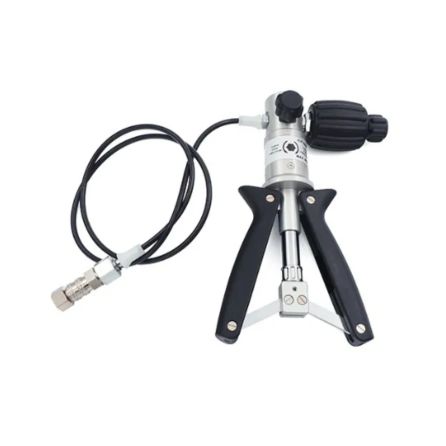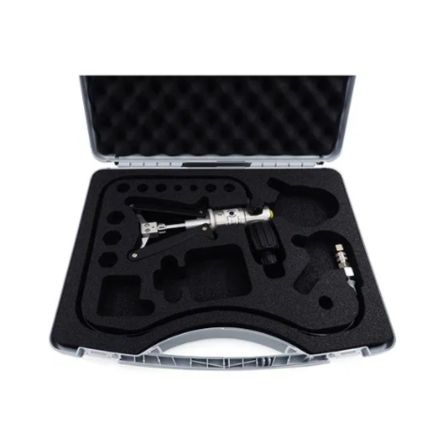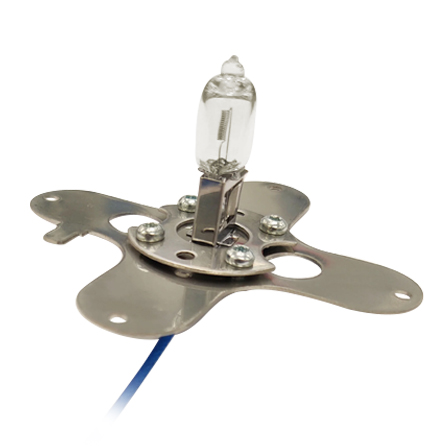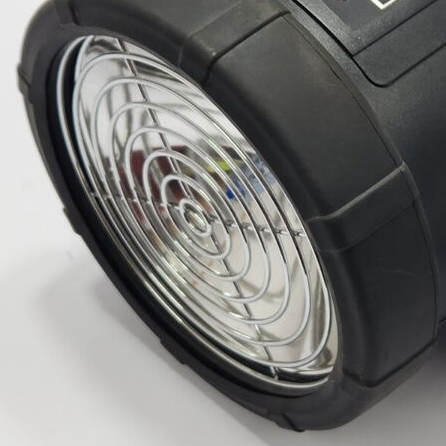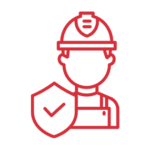Imagine this: you're hard at work, focused on the task at hand, completely unaware of a hidden danger lurking in the air. This is the reality for many workers across various industries, where invisible gas leaks pose a constant threat
That's where gas detection comes in – your silent guardian on the job. It acts as an early warning system, alerting you to the presence of hazardous gasses before they reach dangerous levels
Why is Gas Detection Important?
Exposure to harmful gasses can have a range of consequences, from mild headaches and dizziness to respiratory failure and even death. Here's a closer look at why gas detection is crucial:
Prevents accidents: By detecting gas leaks promptly, gas detectors allow workers to evacuate the area and avoid potential explosions, fires, or poisoning
Protects health: Early detection of hazardous gasses minimizes exposure, safeguarding worker health and well-being
Ensures compliance: Many industries have regulations mandating the use of gas detection equipment in specific environments
Improves productivity: A safe and healthy work environment fosters better focus and reduces downtime due to accidents or illnesses
Types of Gas Detectors:
There are various types of gas detectors available, each designed to detect specific gasses or groups of gasses. Some common types include:
Combustible gas detectors: These detect flammable gasses like methane or propane, preventing explosions and fires
Toxic gas detectors: These detect harmful gasses like carbon monoxide or hydrogen sulfide, which can be fatal at high concentrations
Oxygen detectors: These measure oxygen levels in the atmosphere, ensuring a safe level for workers in confined spaces
Choosing the Right Gas Detector:
Selecting the right gas detector depends on several factors, including:
The types of gasses present in your work environment
The acceptable exposure limits for those gasses
The portability or fixed installation needs
Maintaining Your Gas Detectors:
Regular maintenance of your gas detectors is vital to ensure their accuracy and functionality. This includes:
Calibration: This ensures your detector reads gas concentrations correctly
Bump testing: This verifies the detector's response to a known gas concentration
Cleaning and sensor replacement: Regular cleaning and replacing worn-out sensors are essential for optimal performance
Invest in Your Safety
Gas detection is a crucial investment in the safety and well-being of your workforce. By implementing a comprehensive gas detection program, you can create a safer work environment, minimize risks, and ensure regulatory compliance
Partner with a Gas Detection Expert
Choosing the right gas detection solutions can be overwhelming. Partnering with a reputable gas detection company can provide valuable guidance and support. They can help you:
Identify the necessary gas detectors for your specific needs
Develop a gas detection plan tailored to your workplace
Provide training for your employees on using gas detectors effectively
Don't wait for a silent threat to become a tragedy. Invest in gas detection and make safety a priority in your workplace
